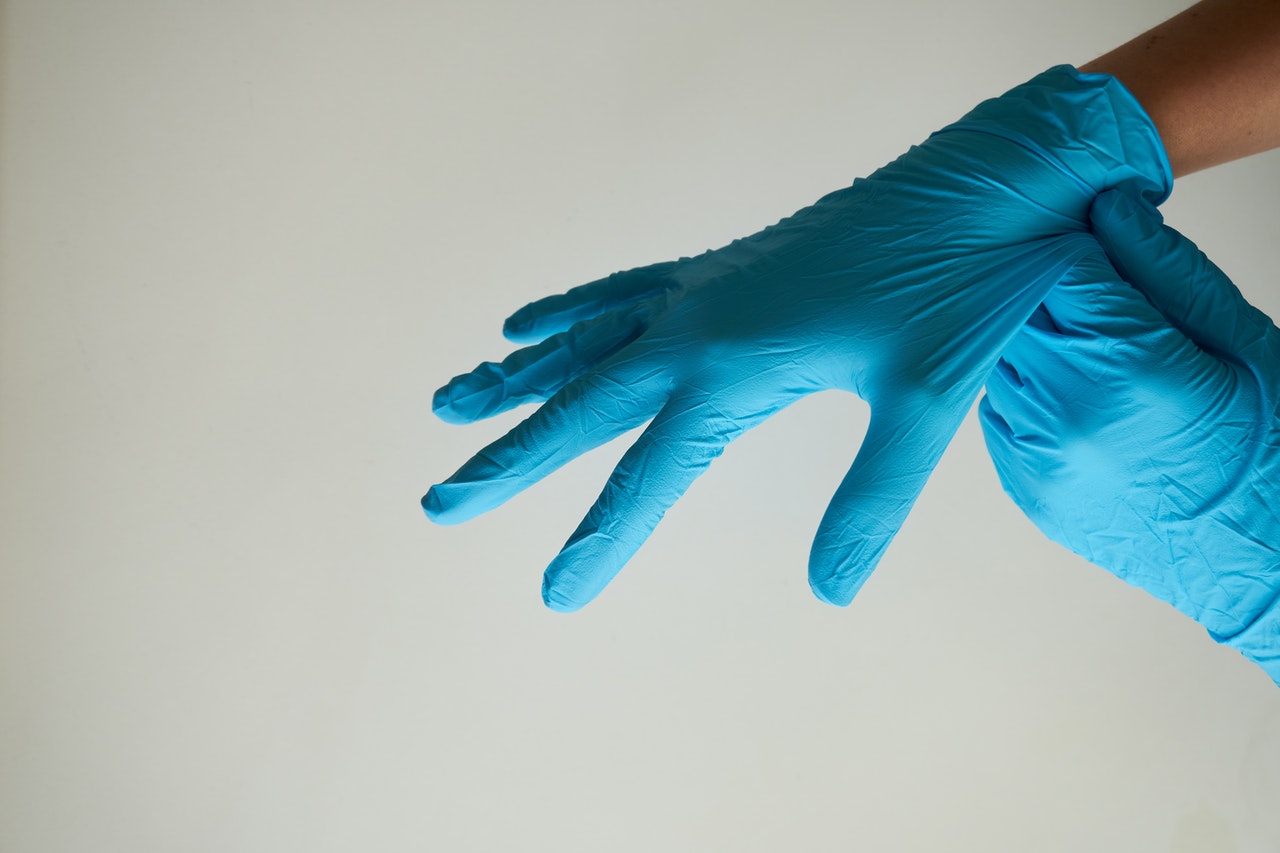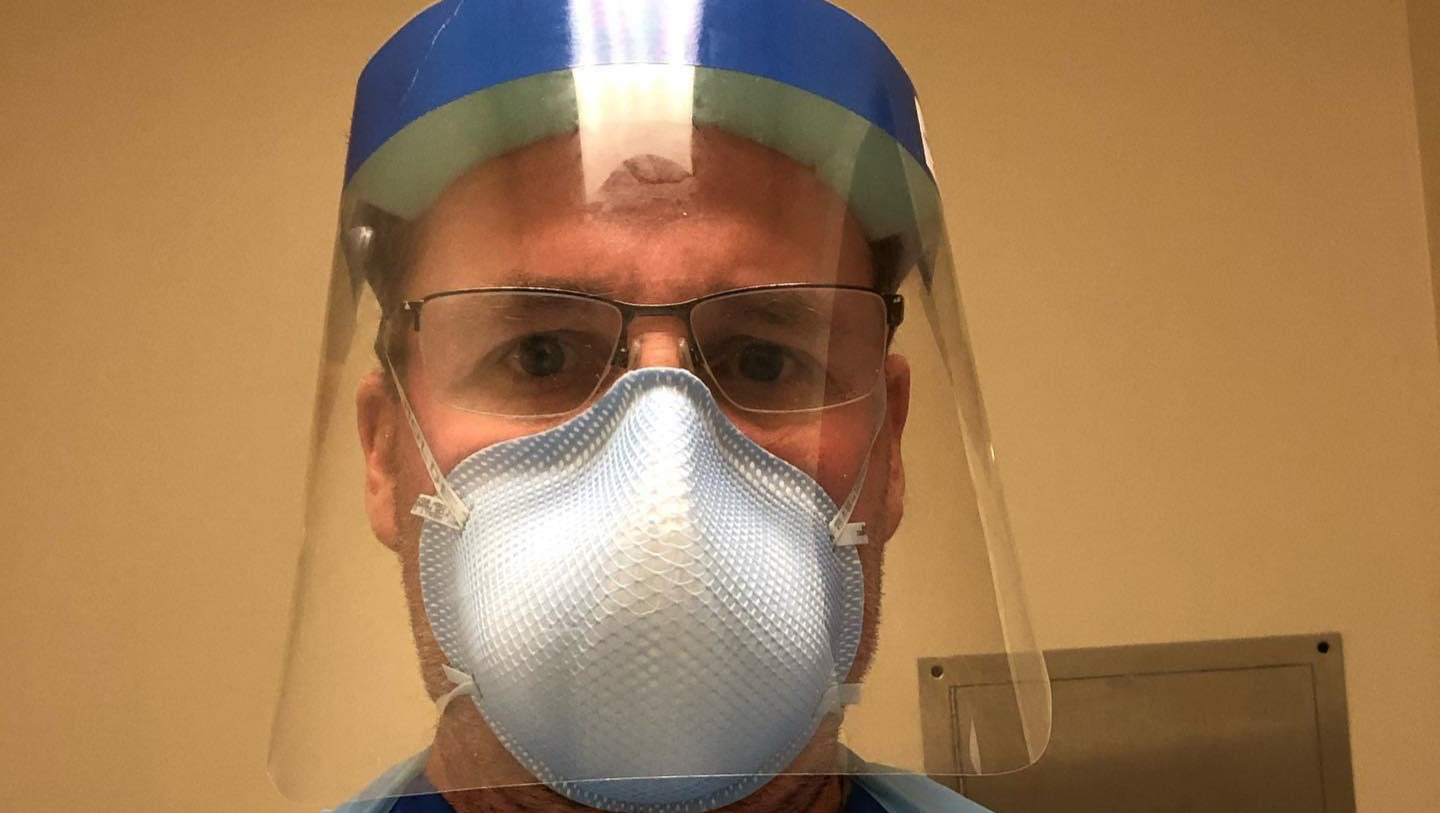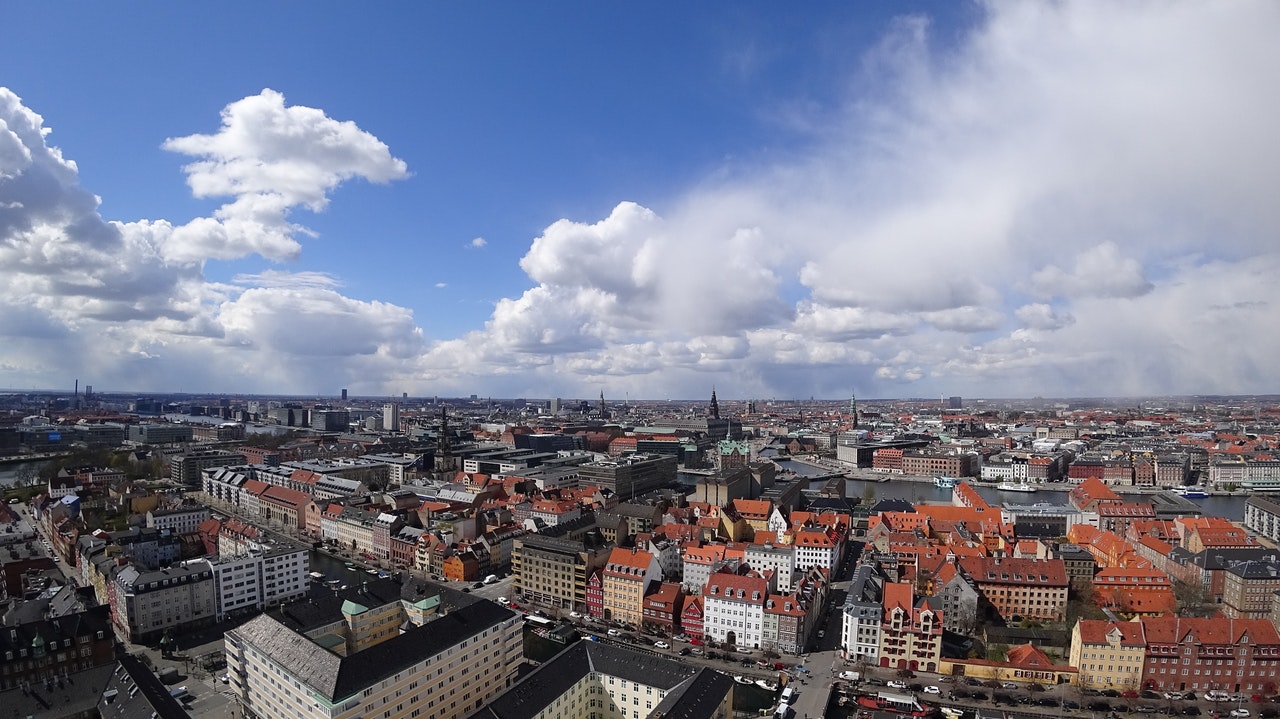Nurses are in high demand all over the world. But one former nurse says she can’t go back to work until she pays over $16,000 to get relicensed, which is far more than she can afford.
Maggie, who did not want to use her real name for fear of jeopardizing her job prospects, worked as an operating room nurse for eight years.
After having children, the 50-year-old put her health-care job on hold because she and her husband calculated that she would only be earning an extra $8 per day after paying for childcare.
As a registered nurse, her hourly wage was only $24. As a result, she has not worked in health care for the past ten years, and her registration has lapsed during that time.
Maggie wanted to return to the workforce now that her two children were older, and with reports that hospitals are at capacity — 2722 people in NSW are in hospital with the disease, 181 of whom are in intensive care units — to assist with the pandemic response.
It was here that she discovered she would have to return to university or pay $16,400 for a 12-week course to regain her registration.
“To pay that vast sum of money, it’s just not right,” the former nurse said.
“A lot of nurses don’t have 16 grand spares to sit down and do a refresher course. I think it’s horrific.”
Maggie has no issue with being retrained and in fact, welcomes the idea.
“I know that I would be rusty and I wouldn’t expect to come back without any guidance,” she said.
She, on the other hand, doesn’t understand why it has to be so expensive. The course eventually costs more than $1000 per week.
“When they go back to work, it’s not like nurses are high-income earners. We don’t make the $16,000 back quickly,” Maggie pointed out.
“For a lot of retired nurses, it’s about the money. At this point in time, they [the government] should forgo [the fees].
“It’s mind-blowing that they’re not doing it, it’s extraordinary. They’re failing to use a resource that is there.
“I want to come back, why won’t you let me come back?”
She is calling on the government to waive the fees.
“I truly do feel if they said that to retired nurses [reduced or waived the re-entry fees], I think you’d get a large number of people returning, to help those nurses who are really suffering,” she added.
Maggie must either pay the $16,000 or return to school. When she called the Australian Health Practitioner Regulation Agency (AHPRA) to inquire about returning to work, she was told that due to her long absence, she would have to redo her four-year university degree.
“I feel insulted and I feel offended that I have to redo a degree I’ve already done,” she said.
“That is the most absurd thing I’ve ever heard, we desperately need experienced nurses. That’s absolutely crazy.”
Maggie has given up on re-entry into the nursing profession. She is currently employed as a receptionist at a private medical practice.
The Nursing and Midwifery Board of Australia introduced new rules for re-entering the workplace in July 2010.
The training course was initially only available at the Australian College of Nursing for $10,000. The program now costs $16,400 and is available at LaTrobe University, the University of Notre Dame, Central Queensland University, and the University of South Australia, in addition to the Australian College of Nursing.
The Tertiary Education Quality and Standards Authority and the Australian Nursing & Midwifery Council have both accredited the Graduate Certificate in Nursing (Bridging and Re-Entry).
“The Australian College of Nursing works closely with the Australian Government to support the professional development including education and training of the nursing profession nationally,” they said in a statement.
“Education and training of nurses ensure all patients receive the highest levels of clinical care and patient safety while ensuring nurses continue to access lifelong learning throughout all stages of their career which supports recruitment and retention measures for the workforce.”
The Nursing and Midwifery Board of Australian (NMBA) indicated it had no plans to waive fees for returning nurses.
A spokesperson said that the nursing regulator “must balance public safety with the need to enable governments, hospitals and nurses and midwives to do what is needed to respond to Covid-19”, “Our primary role is to protect the public”
“Nurses and/or midwives who have not practiced their profession and who wish to return to clinical practice in response to Covid-19 should refer to the NMBA.” They said. “Nurses who cannot demonstrate that they have practiced the profession and who have not had a connection to the profession for 10 years or more are recommended to apply directly to an NMBA-approved education provider for entry to a pre-registration program.”




